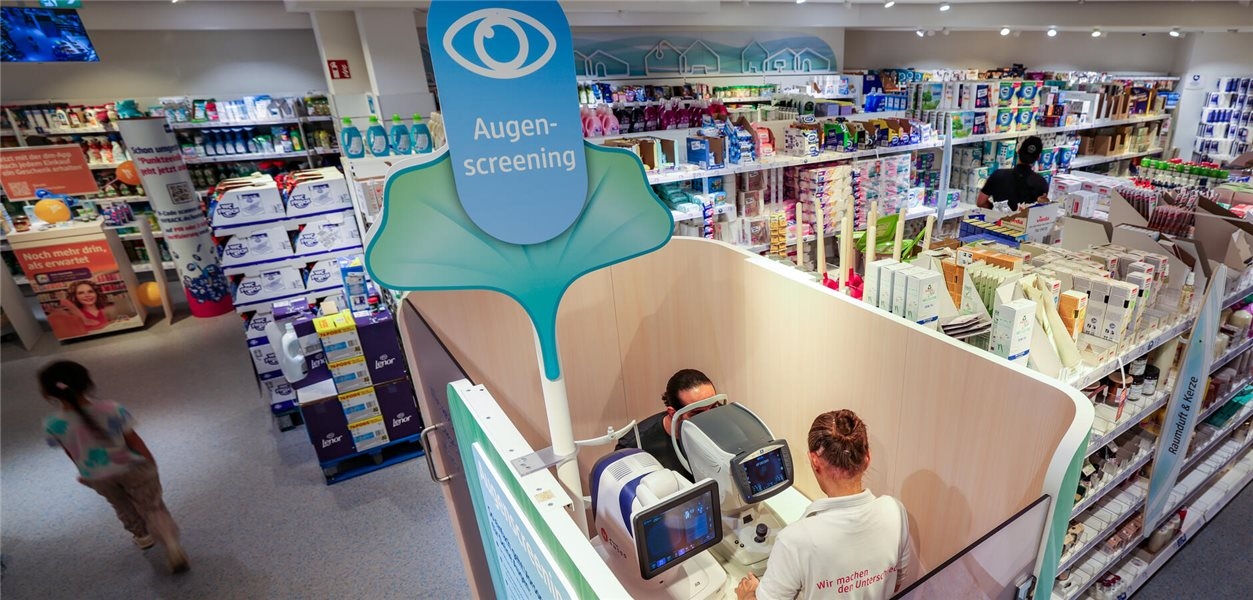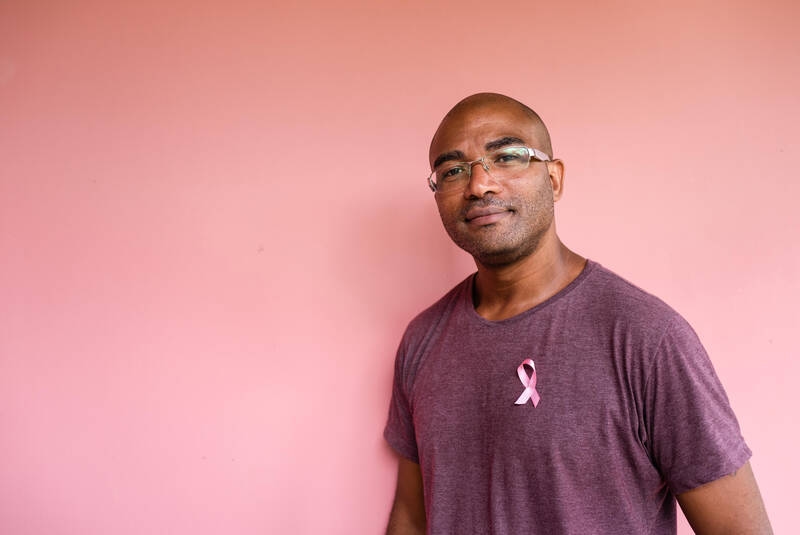Interview with Anja Zierath: "What the BMG is aiming for is a new profession"
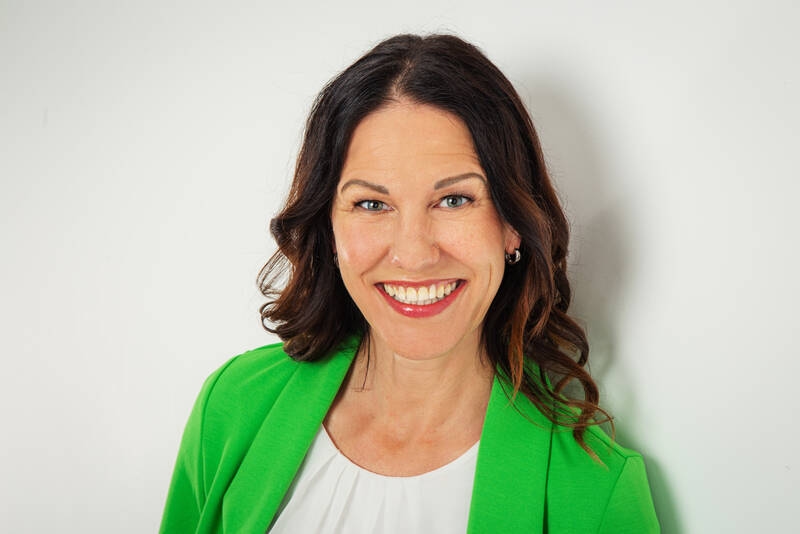
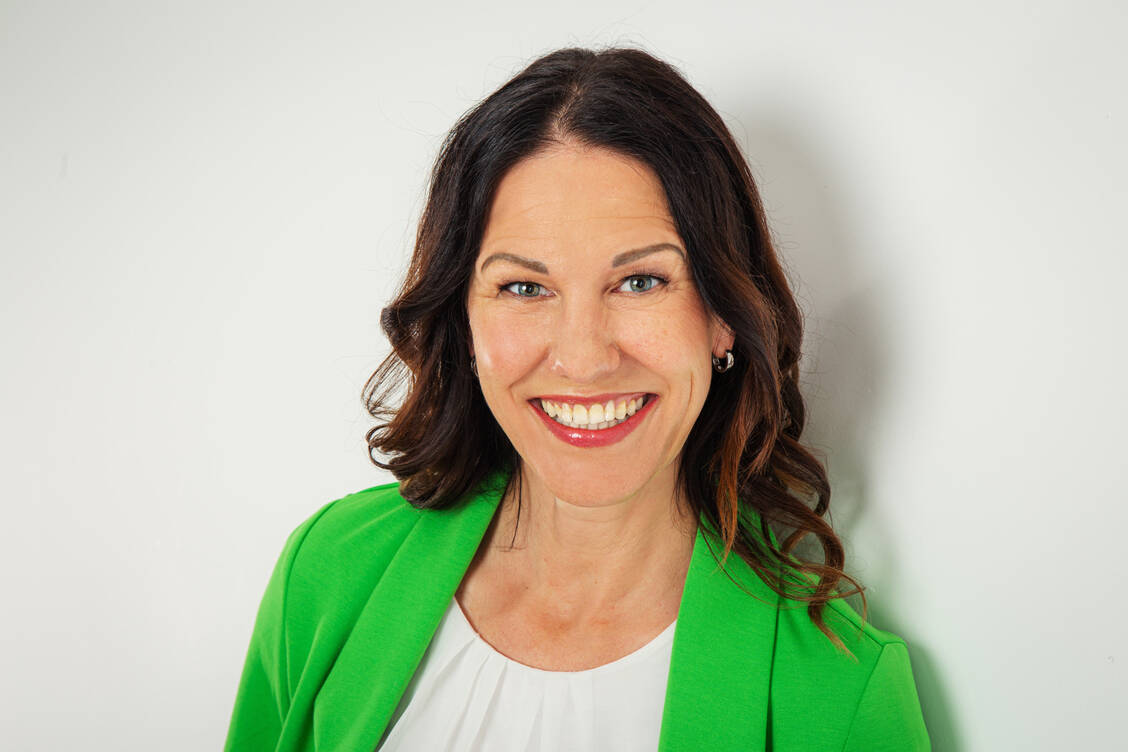
"While we welcome the reform proposals to enhance the status of the PTA profession, they are useless without a corresponding fee increase," says Anja Zierath, Federal Chair of the Federal Association of PTAs (BVpta). / © BVpta
Zierath: While we welcome the reform proposals to enhance the PTA profession, they are useless without a corresponding salary increase. I cannot invest my energy in a two-year further qualification if, in the end, there will be no There are no more pharmacies . First, politicians must safeguard local pharmacies. If a pharmacy can no longer pay its employees, further training is of no use. However, it is clear that further training should also enable higher remuneration. What the Federal Ministry of Health is aiming for is not a continuing education program, but a new profession. It is a higher-skilled profession and an intermediate level between PTA and pharmacist, which is why there naturally needs to be an intermediate salary level. Here, one could model the pharmaceutical engineers.
PZ: Perhaps we should never have given up the profession of pharmaceutical engineer?
Zierath: I come from the East and therefore know this profession very well. Small and rural pharmacies, in particular, will face enormous problems in a few years if there are no more pharmacy engineers. They have been an incredible support so far. I don't know whether it was right or wrong to stop training this profession. But I believe that we can definitely learn from this profession and that we should refocus on it. We should think about new, modern, and promising career paths.
PZ: Most pharmacist associations express concerns about the PTA representation provided for in the pharmacy reform .
Zierath: The reaction is understandable. I think the defensive attitude could also be due to fears. For example, the fear that the pharmacy profession could be downgraded or that the reform would open loopholes for foreign ownership.
Small or rural pharmacies in particular will face enormous problems in a few years if there are no more pharmacy engineers.
Anja Zierath, Federal Chairwoman of the Federal Association of PTAs (BVpta)
PZ: What reaction would you have hoped for from pharmacists?
Zierath: I would have liked to see open discussion about the actual problems and the reasons for the rejection. The rejected points are only discussed in very general terms. They are labeled as dangerous, but the examples cited are intangible to me. I also don't feel that these problems are shared by all pharmacists in Germany. I'm missing the argument: Why is something dangerous? I also would have liked to have had a conversation with us and communicated openly.
PZ: What do you take away from the personal conversations?
Zierath: I've received a lot of feedback and had positive discussions with pharmacists myself, in which we approached the matter constructively. One danger I see is the ban on third-party ownership. I would be the last person to want to see any back doors opened that should never be opened. I, too, don't want the Americanization of the healthcare system and no possibility of buying medications in supermarkets, drugstores, and gas stations. But I'm certain that with constructive discussions and a clearly defined professional profile, we can close gaps and back doors. Many things can be regulated by law if we truly seek solutions. But instead, everything is smoothed over and trampled down from the outset.
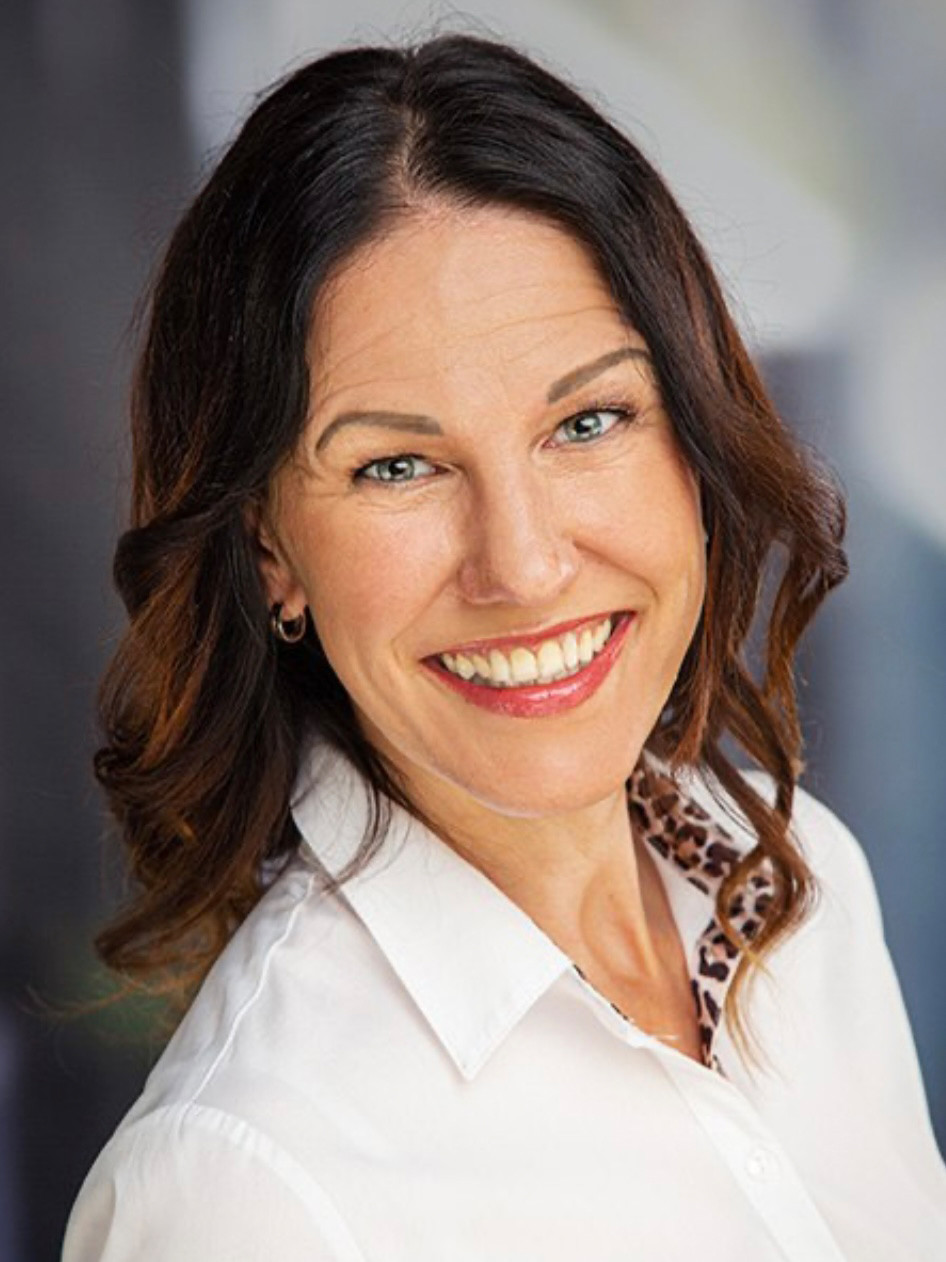
Anja Zierath, Federal Chairwoman of the Federal Association of PTAs (BVpta). / © BVpta
PZ: Do you also wish to have an exchange with the ABDA on this topic?
Zierath: Absolutely! While we are the only professional association responsible for PTAs, and we bring the relevant expertise to the table, it's important for good cooperation in the pharmacy that we see ourselves as a team. Naturally, we want to communicate with the pharmacy community, exchange ideas, and forge constructive plans. This includes, first and foremost, communication with the ABDA. This is essential for me.
PZ: What other tasks could PTAs take on? How do you envision the profession in ten years, for example?
Zierath: There are so many changes that we don't even know what pharmacies will look like in ten years. The dual control principle for prescriptions, for example, could be adopted by PTAs. Currently, this only occurs between PTAs and pharmacists, but it could also occur between PTAs and PTAs. Another example would be telepharmacy or pharmaceutical services. PTAs could also do more when it comes to vaccinations. There are a thousand other things we need to talk about, especially if we want to maintain and further develop the pharmacy as a healthcare center. The same applies if we want to remain modern and future-proof in 10, 20, or 40 years. It doesn't make sense to focus solely on the power of representation. It's about the general further qualification of the PTA profession.
PZ: The medical profession opposes pharmacies taking on more responsibilities, for example, in the area of vaccinations. Do pharmacists do the same with PTAs?
Zierath: Yes, they're actually quite comparable. For PTAs who want to further their qualifications, it's the same for pharmacists who say, "I want to further my qualifications and, for example, take over vaccinations from the doctors." We PTAs also want to further our qualifications and take over tasks from pharmacists. Here, too, my appeal is: talking and looking for solutions together always helps. It shouldn't always be about who takes the butter from the other person's bread. We should simply help each other make sandwiches. Because that's the only way we can create time for pharmacists for other things. At the moment, it seems that more and more tasks are being listed for pharmacists. If I want more areas of responsibility and expanded skills in my professional group, I must also be able to delegate tasks.

pharmazeutische-zeitung

